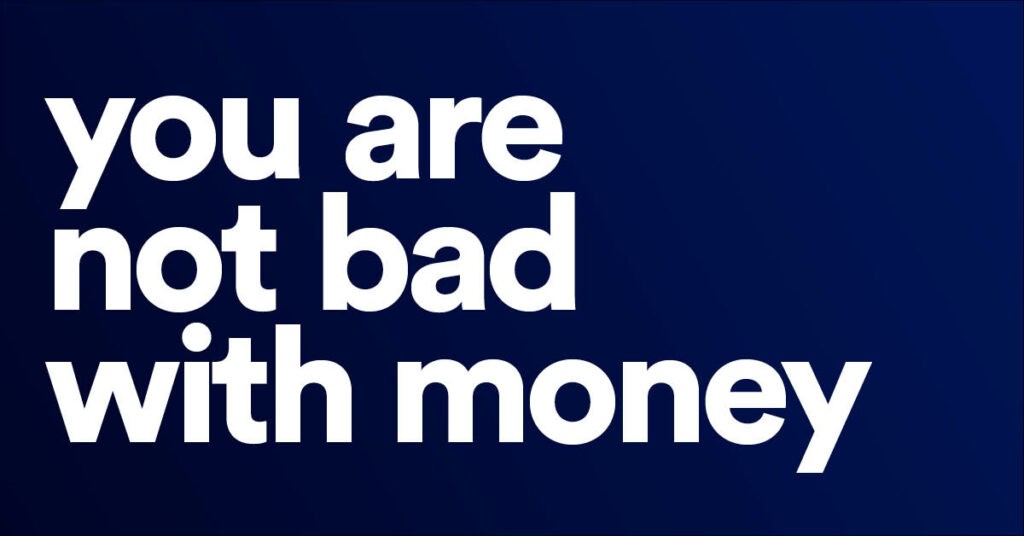In today’s fast-paced world, managing personal finances can feel like a daunting and time-consuming task, often leading to missed payments, neglected savings, and a general sense of financial disarray. However, just as businesses leverage automation to streamline operations and enhance efficiency, individuals can employ similar strategies to **automate their finances**, transforming a complex chore into a smooth, almost effortless process. This approach not only frees up valuable time but also significantly reduces financial stress, fosters consistent savings, and helps achieve long-term monetary goals with greater certainty. The power of automation lies in its ability to remove human error and willpower from the equation, ensuring that financial best practices become habitual rather than aspirational.
One of the foundational steps in automating your finances involves **setting up direct deposit**. For most employed individuals, this is a straightforward process where your paycheck is automatically transferred from your employer directly into your bank account. This eliminates the need to physically deposit checks, saving time and ensuring immediate access to your funds. Beyond merely landing in a single account, the true power of direct deposit automation comes when you instruct your employer to **split your deposit** across multiple accounts. For instance, you could direct 70% of your paycheck to your checking account for daily expenses, 20% to a high-yield savings account for emergencies, and 10% to an investment account for long-term growth. This “pay yourself first” strategy is a cornerstone of sound financial planning, making savings and investments automatic rather than an afterthought. It’s like an assembly line for your money, directing each component to its designated purpose without manual intervention.
Once your income is flowing seamlessly, the next crucial step is to **automate your bill payments**. Missing due dates not only incurs late fees but can also negatively impact your credit score, making future loans or credit difficult to obtain. Most banks offer **online bill pay services** that allow you to schedule recurring payments for fixed expenses like rent/mortgage, loan installments, insurance premiums, and utility bills. For variable bills, many service providers (e.g., electricity, internet) offer direct debit options, where they automatically pull the amount due from your account on the due date. While opting for direct debits for variable bills requires careful monitoring to ensure accuracy, the convenience and avoidance of late fees often outweigh this minor oversight. Automating bill payments turns a potential source of anxiety into a set-it-and-forget-it routine, mirroring how a business automates its payroll or vendor payments to maintain operational fluidity.
Beyond essential bills, automating your **savings and investment contributions** is perhaps the most impactful step in securing your financial future. As mentioned with direct deposit splits, you can schedule automatic transfers from your checking account to your savings, retirement accounts (like a 401(k) or IRA), or brokerage accounts. Even small, consistent contributions can yield substantial results over time due to the power of compounding. For example, setting up an automatic transfer of just $50 a week into a savings account means you’ve saved $2,600 in a year without actively thinking about it. For investments, many brokerage platforms allow you to set up automatic contributions to mutual funds, exchange-traded funds (ETFs), or even specific stocks. This **dollar-cost averaging** strategy helps mitigate market volatility by investing a fixed amount regularly, regardless of asset prices, buying more shares when prices are low and fewer when they are high. This systematic approach eliminates emotional decision-making and fosters disciplined wealth accumulation.
Moreover, leveraging **financial aggregation apps and budgeting tools** can further enhance financial automation. While these don’t directly move money, they automate the tracking and categorization of your spending. Apps like Mint, YNAB (You Need A Budget), or Personal Capital connect to your various bank and credit card accounts, automatically pulling in transactions and categorizing them. This provides an instant, comprehensive overview of your financial health, identifying spending patterns and highlighting areas where you might be overspending. Some even offer automated budgeting features, alerting you when you approach limits in certain spending categories. This constant, effortless monitoring replaces manual spreadsheet updates or guesswork, providing the timely financial intelligence crucial for making informed decisions, much like a business relies on real-time dashboards to track key performance indicators.
Finally, automating your finances extends to seemingly minor yet impactful areas, such as **managing subscriptions and debt repayment**. Many people accrue numerous monthly subscriptions (streaming services, apps, gyms) that often go unused but continue to debit funds automatically. Regularly reviewing your bank statements for these recurring charges and canceling those you don’t use can save a significant amount over a year. For debt repayment, especially for credit cards, setting up automatic payments for at least the minimum amount due prevents late fees and protects your credit score. For those actively trying to pay down debt, setting up an additional automatic payment beyond the minimum, perhaps tied to a specific date after payday, can accelerate the repayment process dramatically, reducing interest paid over the long term.
In essence, automating your finances is about building a robust financial system that operates efficiently in the background, allowing you to focus on your larger life goals rather than the minutiae of money management. It requires an initial investment of time to set up the various transfers and recurring payments, but the dividends in terms of reduced stress, increased savings, and improved financial well-being are immeasurable. It transforms financial discipline from a constant battle of willpower into an inherent feature of your financial life, empowering you to navigate your economic journey with confidence and clarity.





